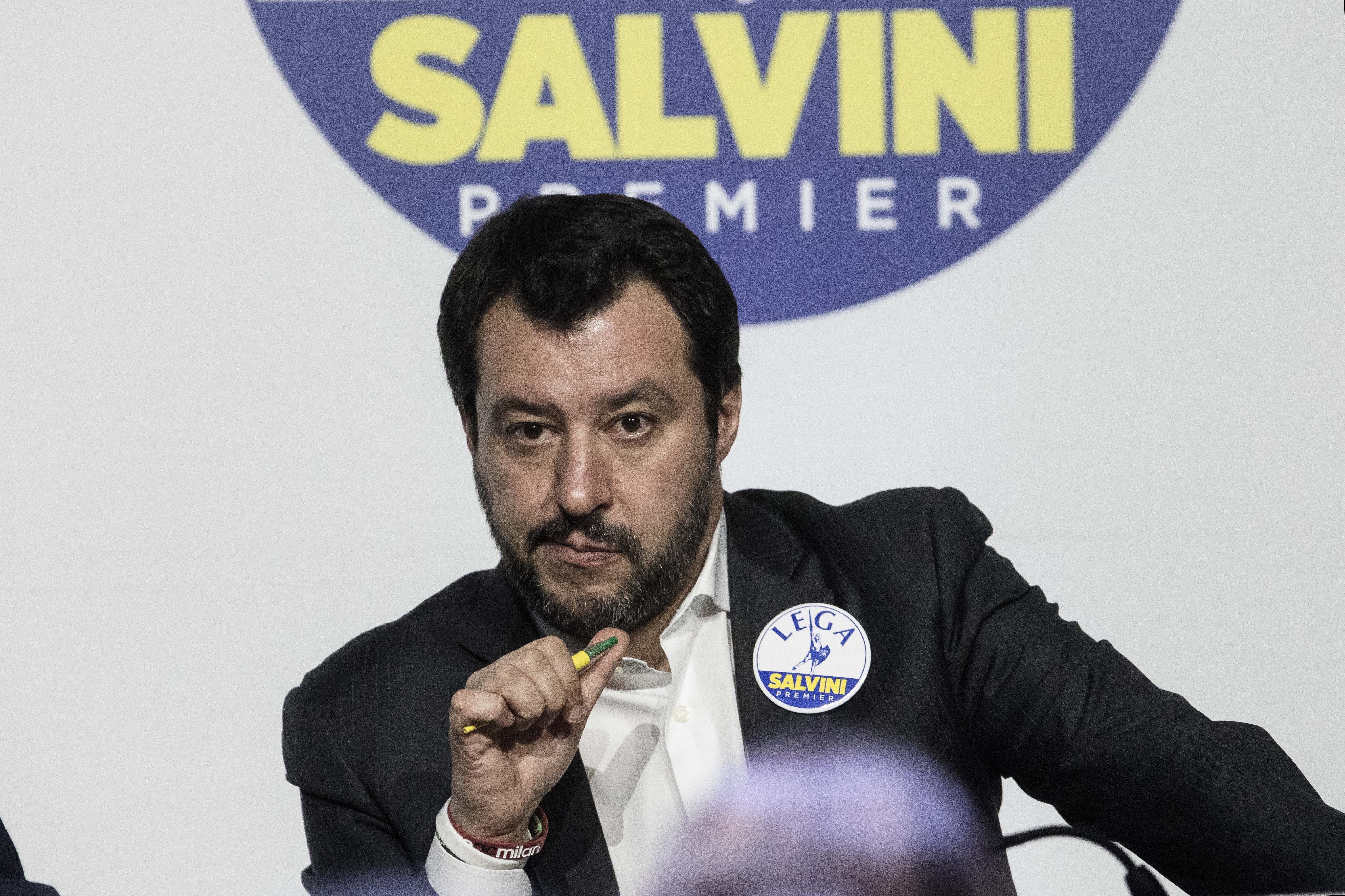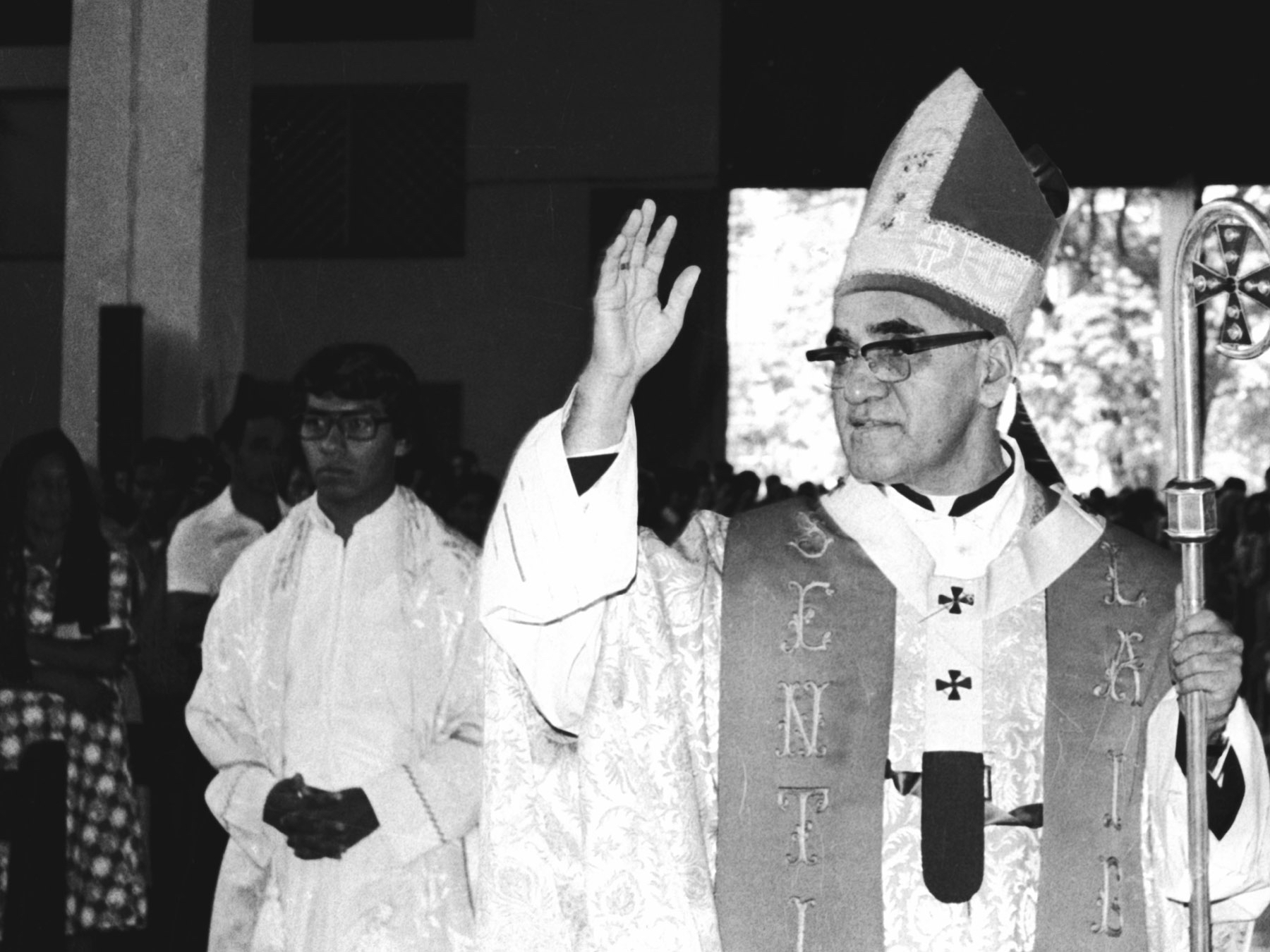Pope Francis has given the green light for martyred Archbishop Oscar Romero to be declared a saint.
Francis has authorised a miracle attributed to Romero, and the canonisation ceremony could take place during World Youth Day in Panama, January 2019.
Romero’s miracle was reportedly signed off by the Pope on Tuesday 6 March at the same time he authorised a miraculous intercession attributed to Paul VI, who will be canonised at the end of October.
The precise date of the canonisations are expected to be announced by the Pope during a consistory meeting of cardinals in early May.
Declaring Romero a saint culminates years of efforts to have the former Archbishop El Salvador raised to the altars of the church, a process which had been blocked by elements inside the Vatican.
But Francis, the first Latin American Pope, pushed the obstacles to one side recognising Romero as a martyr meaning that he could be beatified in 2015.
While martyrs do not need a miracle to be declared blessed, a miracle is required for sainthood. In Romero’s case his miraculous intercession is believed to have saved a pregnant woman, Cecilia Maribel Flores, who was at risk of dying in childbirth. Three other purported miracles attributed to Romero were reportedly rejected by the Vatican’s Congregation for the Causes of Saints.
The former Archbishop of San Salvador, a champion of the oppressed and vocal critic of his country’s authoritarian right-wing government, was shot dead by a state-backed death squad while saying Mass in 1980.
While he quickly became held up as an icon of the Church’s willingness to speak truth to power, attempts to make him a saint were repeatedly blocked by those who argued his death did not pass the tests for martyrdom. According to Church teaching a martyr is someone who dies out of “hatred for the faith”, and some in Rome argued that Romero was killed for political reasons.
There were suspicions, however, that this was cover for their opposition to Romero’s radical message which would fuel the grass roots liberation theology movement sweeping across Latin America which the Vatican was initially wary of.
In reality, the Archbishop of San Salvador defied left or right categories: he was renowned for his rigorous prayer life and from initially being labelled a conservative he started to speak out against the government of the time when seeing the dead bodies of priests murdered for standing up to the state.
In 2014, the Pope said that Romero’s cause had been blocked for “prudential reasons” by the Congregation for the Doctrine of the Faith but he had “unblocked it.”
Making someone a saint is a costly, bureaucratic and expensive process which along with a detailed examination of an individual’s personal holiness, requires two miracles to be authorised by a panel of Vatican appointed doctors, theologians and cardinals. The Pope then has the final say. However, only one miracle was required for Romero' s canonisation - and none were necessary for beatification since he was a martyr
While the Catholic Church is now moving ever closer to declaring Romero a saint, the Salvadorean archbishop’s sanctity has already been declared by the Anglican Church and he is venerated with a statue outside Westminster Abbey.
Similarities have been drawn with Romero’s story and that of Archbishop Thomas Becket who was murdered in Canterbury cathedral in 1170.
On the day that Romero was murdered at the altar, Archbishop Robert Runcie was installed as Archbishop of Canterbury and he insisted the ceremony was modified so he could pray for the murdered Archbishop of San Salvador on the spot where Becket had been martyred in a political murder 800 years before.
PICTURE: Blessed Oscar Romero is seen in an undated photo. (CNS photo/Octavio Duran)



 Loading ...
Loading ...